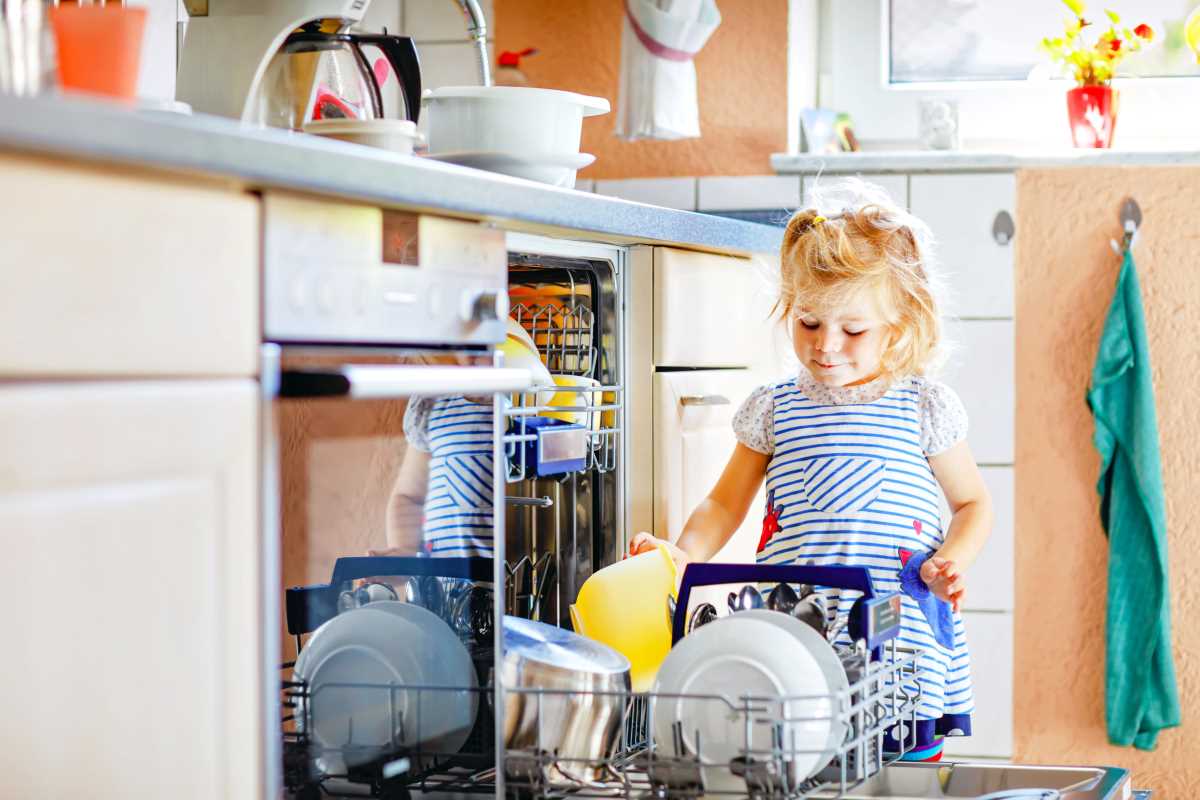Life as a working parent often feels like you're juggling a dozen balls in the air at once. Between emails, school runs, extracurriculars, and just trying to keep some resemblance of order at home, the thought of tackling yet another household task can be overwhelming. But here’s a hidden gem of parenting wisdom: chores aren’t just about checking things off your to-do list. They’re an amazing opportunity to teach your kids life skills that will stick with them forever.
Everyday tasks like sorting laundry, washing dishes, or tidying up can help kids learn responsibility, independence, and teamwork. Plus, there’s an added bonus—for every chore your kids learn to master, that’s one less thing you have to do yourself. It’s a win-win. This guide will show you why chores are vital for kids, how to make them manageable and fun, and how to turn everyday tasks into the ultimate teaching moments.
Chores might seem like a mundane necessity of family life, but for kids, they’re much more than that. When kids take part in household tasks, they’re learning essential life skills that go far beyond the walls of your home. Here’s what makes chores such a powerful teaching tool:
- Responsibility: Kids learn that running a household takes effort from everyone. When they see their hard work pay off, they feel like valuable contributors to the family.
- Independence: Completing tasks on their own (even little ones like making their bed) shows them they’re capable of handling the day-to-day responsibilities that life will throw at them.
- Time Management: Juggling chores with school, homework, and activities helps them learn to prioritize and use their time wisely.
- Problem-Solving Skills: Figuring out how to organize toys or master the art of folding a fitted sheet (good luck with that one!) encourages kids to think critically.
- Confidence: There’s a huge sense of accomplishment that comes with completing a task, no matter how small. It helps kids see that they can tackle challenges and succeed.
The best part? These aren’t just skills for childhood. They’re building blocks for adulthood that your kids will take with them when they eventually leave the nest.
The key to getting kids involved in chores is to make sure the tasks are age-appropriate. Giving them something too advanced can lead to frustration, while overly simple tasks might feel boring. Here’s a breakdown of what chores work for different age groups:
Toddlers (Ages 2-3)
At this stage, chores are more about introducing the concept of helping out. Tasks should be simple and fun, like:
- Putting toys in a bin
- Picking up books and placing them on a shelf
- Wiping spills with a cloth
- Helping feed pets with supervision
Preschoolers (Ages 4-5)
Preschoolers love to imitate grown-ups, so give them slightly more involved tasks:
- Making their bed with help
- Setting the table with lightweight dishes
- Watering plants
- Matching socks when folding laundry
Young Kids (Ages 6-8)
By now, kids have more coordination and can handle tasks that require routine or detail:
- Putting away folded laundry
- Sweeping or vacuuming small areas
- Unloading the dishwasher (excluding sharp or heavy items)
- Taking out small bags of trash
Tweens (Ages 9-12)
Tweens are ready to step up and take on more household responsibility:
- Folding laundry neatly
- Cleaning and organizing their rooms
- Preparing basic meals like sandwiches or snacks
- Helping with yard work
Teenagers (13+)
By their teenage years, your kids should be capable of handling nearly any household task:
- Cooking family meals
- Washing and ironing clothes
- Vacuuming or mopping floors
- Babysitting younger siblings
- Grocery shopping with a budget in mind
Starting small and gradually teaching more complex tasks sets your kids up for success.
Getting kids to actually want to do chores is a whole different story. The good news? With a little creativity, you can make chores less of a dreaded duty and more of a fun family activity.
Turn It Into a Game
Who can pick up the most toys in five minutes? Can they match socks faster than you? Adding a competitive or playful element can make chores feel like a challenge rather than a task.
Create a Chore Chart
Use stickers or checkmarks to track completed tasks. Kids love the visual reminder of their progress, and you can even include small rewards (like choosing the next family movie or earning extra screen time) for their hard work.
Turn Up the Music
Put on a fun playlist or their favorite songs while cleaning. Dancing while sweeping? Why not! Music makes everything better.
Use Positive Reinforcement
Celebrate their efforts with praise. Saying things like, “You did such a great job organizing your toys!” can boost their confidence and make them feel proud of helping out.
Explain the “Why”
Kids are more willing to help when they understand the reason behind their chores. Explain how their contribution helps the family or keeps the space they love clean and usable.
Chores are more than just a way to keep the house clean; they’re opportunities to teach life lessons that will prepare kids for the future.
Laundry = Adulting 101
Teach them how to sort clothes, measure detergent, and use the washing machine. By the time they’re on their own, they’ll know how to clean their clothes without shrinking their favorite hoodie.
Cooking = Confidence in the Kitchen
Start simple by teaching them to make scrambled eggs or a PB&J. Over time, involve them in meal planning and cooking full meals. These moments also open the door to conversations about nutrition and budgeting.
Cleaning = Organization Skills
Learning how to tidy up or clean efficiently teaches kids to approach big tasks methodically. It also helps reinforce the idea that a clean space contributes to a clear mind.







